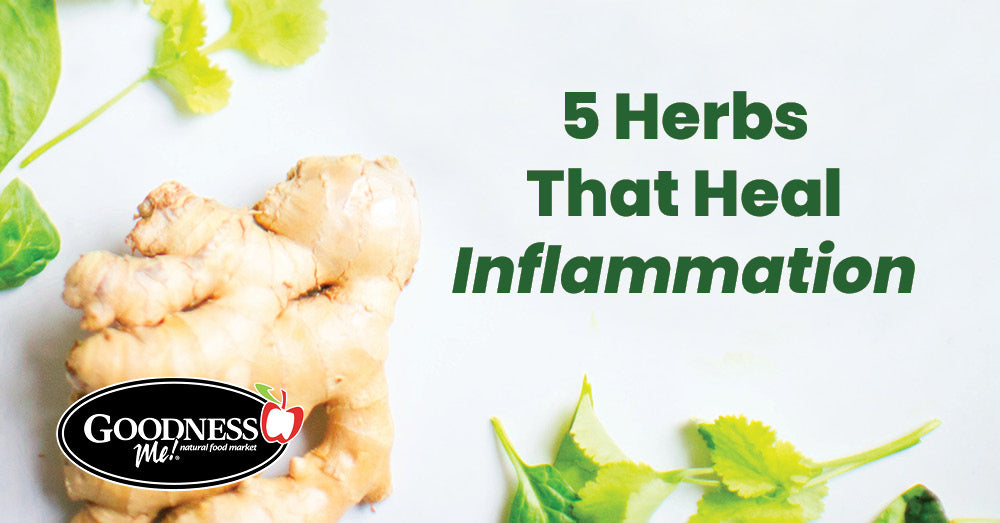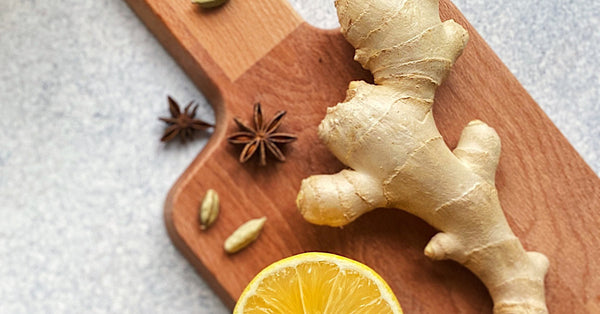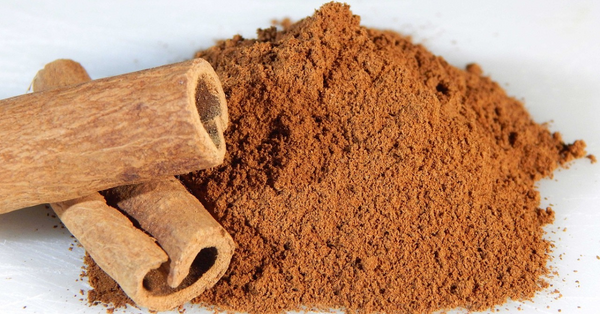
Loading..
My Store
Hours of Operation
Find your nearest store
Results
Loading...

Inflammation in the body is a natural protective reaction to an injury or infection. We are all familiar with the characteristic redness, pain, warm feeling and swelling of acute inflammation when we have injured ourselves, right?
However, chronic inflammation is different. It’s a low-grade stimulation of the inflammatory process in the body without outward signs of inflammation. It is also referred to as the “silent killer” given that it’s a major factor in chronic conditions such as osteoarthritis, heart disease, diabetes, Alzheimer’s and cancer.
If you are experiencing any of the chronic conditions mentioned above, it’s likely that inflammation is a contributing factor. The only way to be sure of your inflammation levels is by visiting your doctor for a blood test. The most common test being the C-reactive protein (CRP) test. The CRP test provides the most conclusive information, particularly with respect to heart disease risk.
Diet is a major contributor to chronic inflammation. And the primary dietary factor is poor blood sugar management. Therefore, reducing refined starches and sugars is essential to reducing chronic inflammation.
Another dietary contributor to inflammation is the consumption of damaged fats. We have all heard of and try to avoid trans-fats (the fact that they are required to be labeled is helpful!). However, not many of us are aware of the negative health consequences of consuming refined vegetable oils.
While pure, unrefined nut and seed oils are healthy, oils that are refined and exposed to heat and other chemicals increase inflammation in the body. Common refined oils to watch for and avoid include sunflower/safflower (unless high oleic), corn, grapeseed, sesame and canola.
Removing food sensitivities is another important step to help reduce inflammation in your body. Consuming foods that you are sensitive to can result in a wide variety of symptoms (this is not the same as a food allergy such as anaphylaxis). Food sensitivities can be difficult to detect since the reaction may occur many hours after consumption of the food. The best way to determine what foods you are sensitive to is by using either an elimination diet or food sensitivity test.
If you are overweight, then weight loss is also an essential step in reducing levels of inflammation. This is because abdominal obesity is a strong predictor of high CRP levels.
While reducing weight and dietary changes should take priority, there are other things that can be helpful as well. Regular moderate exercise and the use of herbs is beneficial. This is especially true when dietary measures alone have not been adequate.
Technically, an herb is a plant that does not have a woody stem and is traditionally used for medicinal purposes. Spices can also be used medicinally, and are typically derived from the bark, fruit, seeds or other part of a tree or shrub. In the list below, I have included the best of both that help to reduce chronic inflammation in the body.

The active component of turmeric that carries the anti-inflammatory benefits is called curcumin. It has been studied extensively on its ability to help reduce inflammation and pain in the body. While curcumin is not well absorbed, you can improve your body’s absorption by adding black pepper to your meal spiced with turmeric or by taking a supplement with high bio-availability such as Meriva.

Ginger is not only great to soothe an upset stomach, but also can be helpful to reduce the pain of inflammation. This study demonstrated that raw or heated ginger root resulted in reduced pain from exercise that is consistent with other studies that show the benefits of using ginger as a pain reliever.

Cayenne contains a compound called capsaicin that exhibits anti-inflammatory properties and has also been used traditionally to help support digestion and reduce pain. A few notes of caution are that cayenne is part of the nightshade family which is sometimes irritating to those with joint pain. And also, cayenne can interfere with blood thinning medications.

Cinnamon is a popular spice used in baking, but did you know that it also has anti-inflammatory benefits as well? This report researched the properties in cinnamon that provide the anti-inflammatory results. And cinnamon has the added benefit of improving blood sugar control as well.

Grape seed extract is a powerful antioxidant derived from the ground seeds of red-wine grapes. It is helpful to support cardiovascular conditions and has been shown in clinical trials to improve markers of inflammation. It is available as a supplement but check with your doctor before using, especially if you are taking blood thinning medications.
While diet is the primary factor in reducing inflammation in the body, in cases where inflammation is not responsive to diet changes alone, herbs can be beneficial. And, they are easily incorporated into your nutrition plan.
Bonnie Flemington, Certified Nutritionist, MBA, CNP, ROHP is a nutrition educator, speaker and founder of the Finding Foodease Program for weight loss and energy. She began her career in health and nutrition as a result of her own personal health challenges. Bonnie learned to heal her body using food and lifestyle modifications that helped her overcome a diagnosis of osteoarthritis without using conventional medical intervention.
Bonnie coaches individuals, groups and corporate clients on how to achieve sustainable weight loss and feel great, so that they never need to worry about dieting again. She simplifies complex nutritional concepts so that her clients are empowered and understand how and why they need to make changes to achieve their goals. She believes we are all deserving of the inspiration, education and support to live our best lives.
By Bonnie Flemington, Certified Nutritionist, MBA, CNP
Follow and connect with Bonnie at:
Website: www.bonnieflemington.com
Facebook: Bonnie Flemington Wellness
Instagram: bonnieflemington
Linkedin: Bonnie (McKinnon) Flemington
Twitter: BonnieFlemingt2
Email: info@bonnieflemington.com
References
Murray, M. T., & Pizzorno, J. E. (2014). The encyclopedia of natural medicine. London: Simon & Schuster.
Balch, P. A. (2010). Prescription for nutritional healing: The A-to-Z guide to supplements. New York, NY: Avery.
Erasmus, U. (1996). Fats that heal, fats that kill. Burnaby, BC, Canada: Alive Books.
{"one"=>"Select 2 or 3 items to compare", "other"=>"{{ count }} of 3 items selected"}
Leave a comment